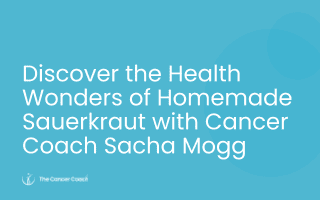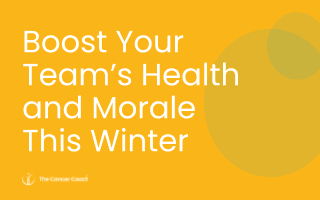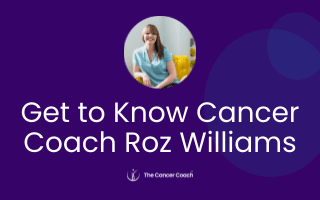The article from The American Institute for Cancer Research titled “New Breast Cancer Research Shows Importance of Diet and Exercise” highlights key findings from recent research exploring the connections between physical activity, nutrition, and breast cancer survivorship. The research is part of the World Cancer Research Fund International’s Global Cancer Update Program (CUP Global). Here are the main points:
Impact of Body Weight
Role of Physical Activity
Diet’s Influence
Quality of Life
Personal Story
Future Research
Dr. Nigel Brockton, Vice President of Research at AICR, notes that the institute’s ongoing research aims to provide evidence-based information to support individuals living with and beyond cancer. AICR will continue funding research into cancer and lifestyle to develop practical recommendations.
In conclusion, the research highlighted in the article underscores the significance of maintaining a healthy body weight, engaging in physical activity, and adopting a nutritious diet in preventing breast cancer, improving survival rates, and enhancing the quality of life for those affected by the disease.
Read the full article from The American Institute for Cancer Research at New Breast Cancer Research Shows Importance of Diet and Exercise.
Try Tree of Life for Free or Book a Demo for Your Organisation
🌿 Join the Tree of Life Anti-Cancer Lifestyle Community and Coaching Programme, designed to empower people at every phase of cancer — 💪 Prevention 🏥 Diagnosis and Treatment 🌈 Survivors 🤗 Caregivers — to gather tools, create a solid foundation of health, and live in alignment with your well-being goals! 🌳
Tree of Life is a new health, lifestyle, and anti-cancer community and programme that stands against a growing culture of chronic illness and reduced quality of life. It’s revolutionary because it combines Behaviour Change with The Anticancer Super 6™ — Stress Management, Nutrition, Exercise, Sleep, Gut Health, and Protection from Toxins — to help you improve your quality of life. 🌟
Learn more and sign-up for free here to gain access to 👥 Community Forums, 📅 Inspiring Instructor-led Events, your own 📓 Private Journal, and Module 1 of the anti-cancer lifestyle programme with 1 hour 16 mins of educational 💡 Informative lesson videos, 181 📝 Workbook exercises, 🧐 Knowledge check, 47 🔧 Toolkit 📖 Knowledge Base resources, and 🎓 Professional Health Coaches.
Alternatively, if you’re researching on behalf of an organisation, see how Tree of Life can serve your organisation, book a demo for your organisation today.



